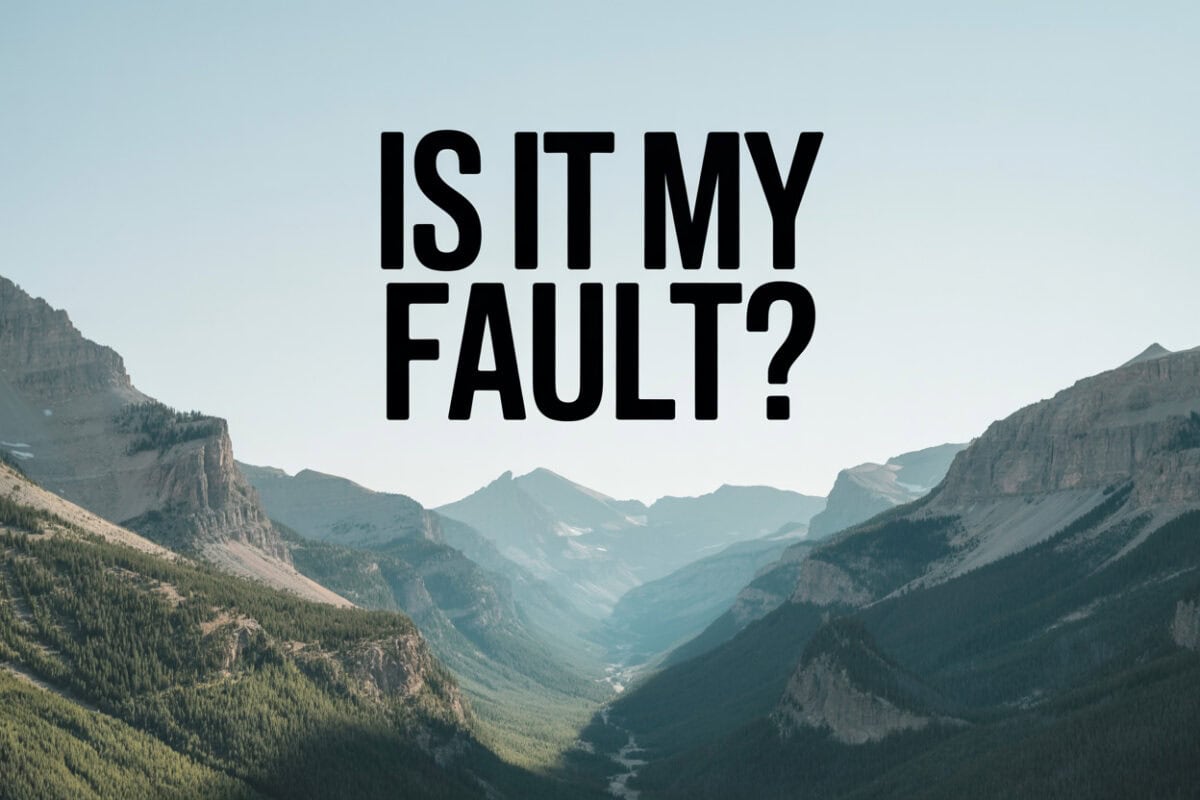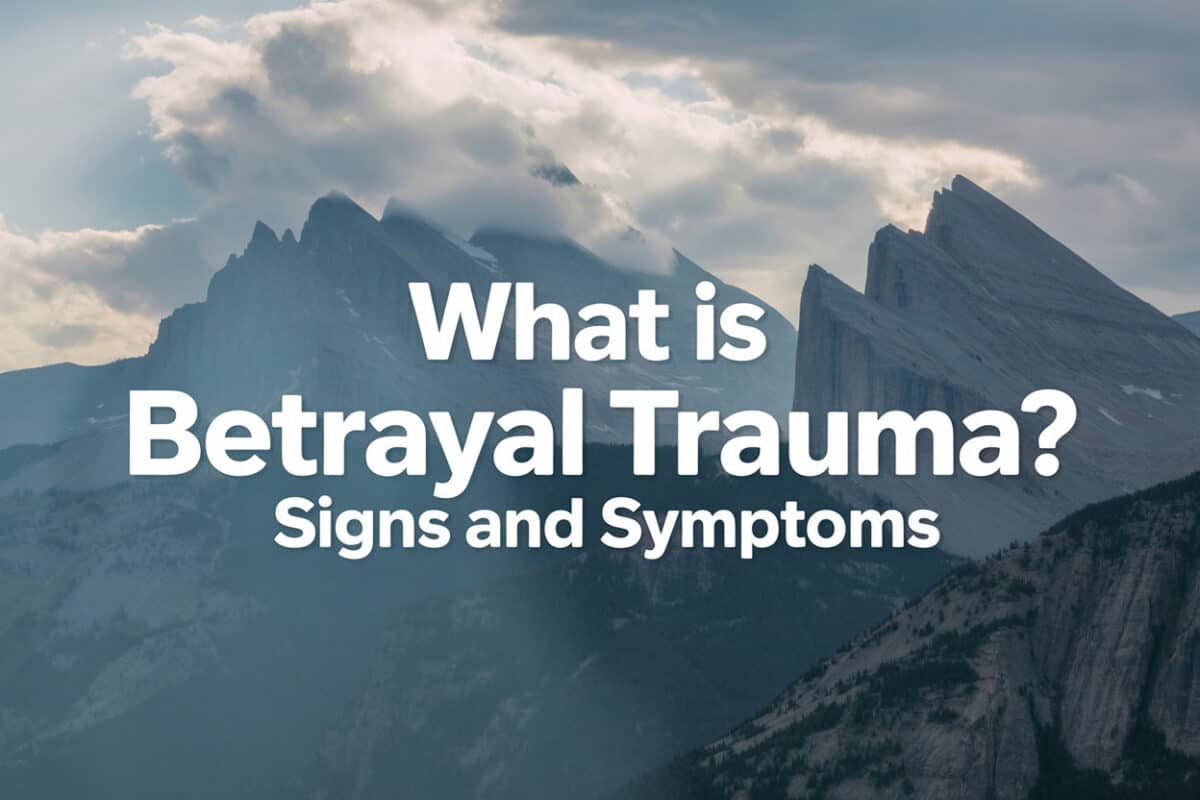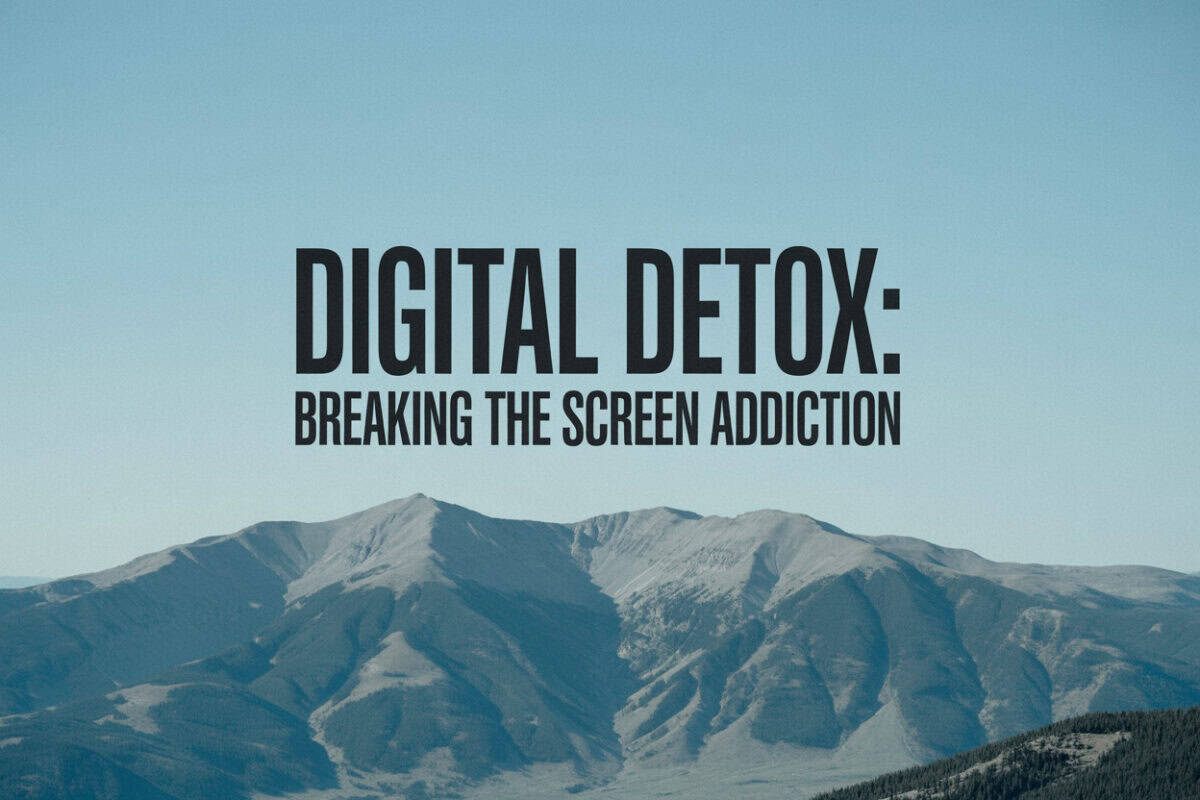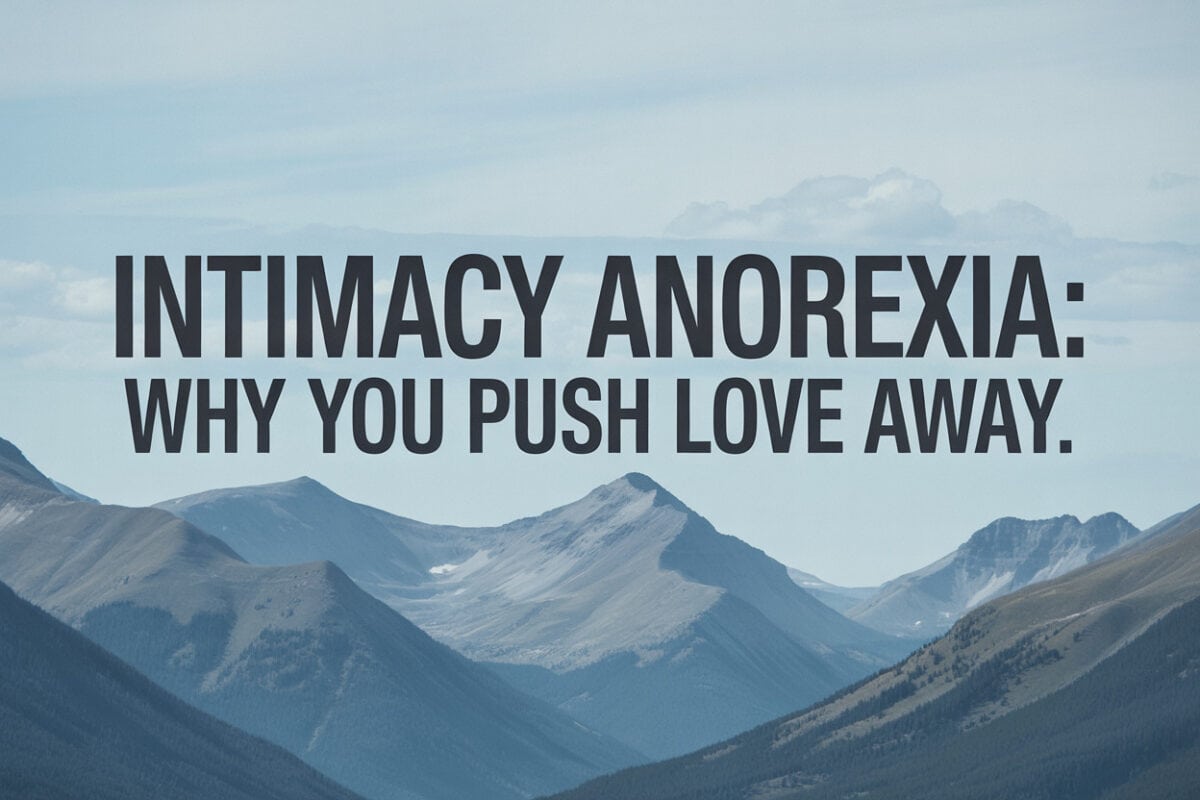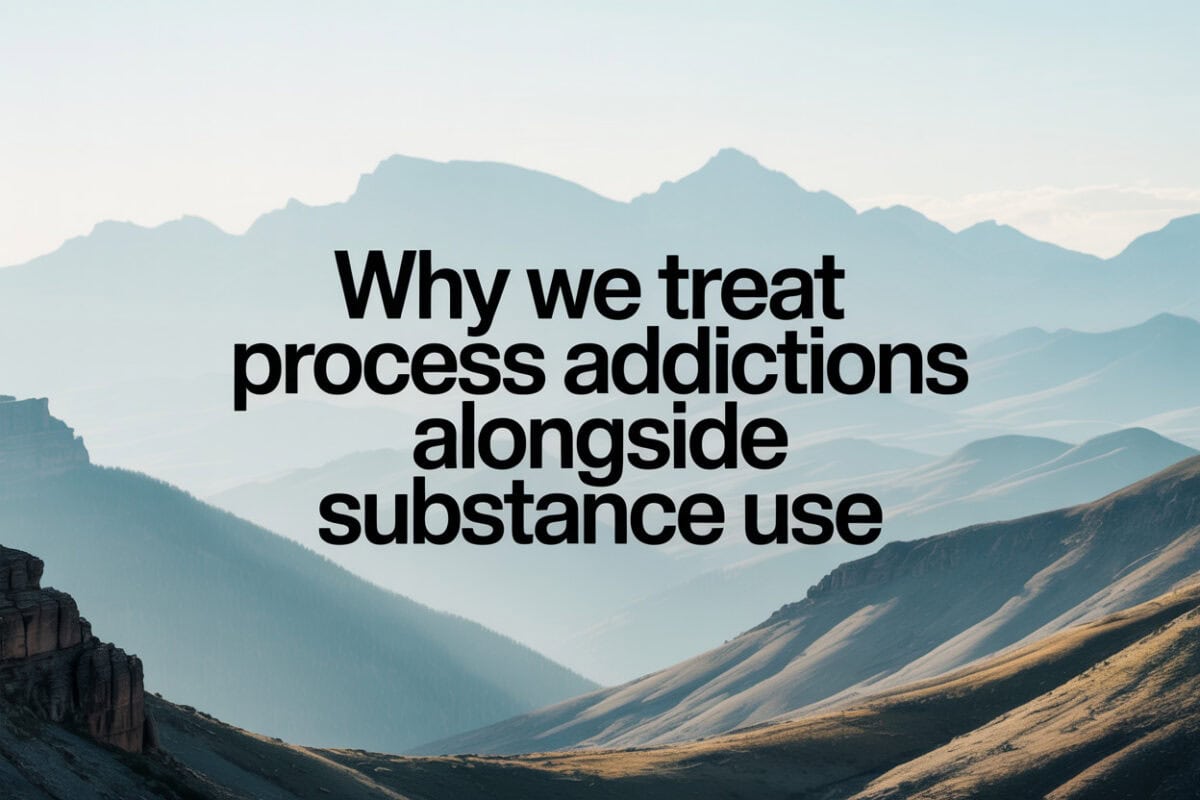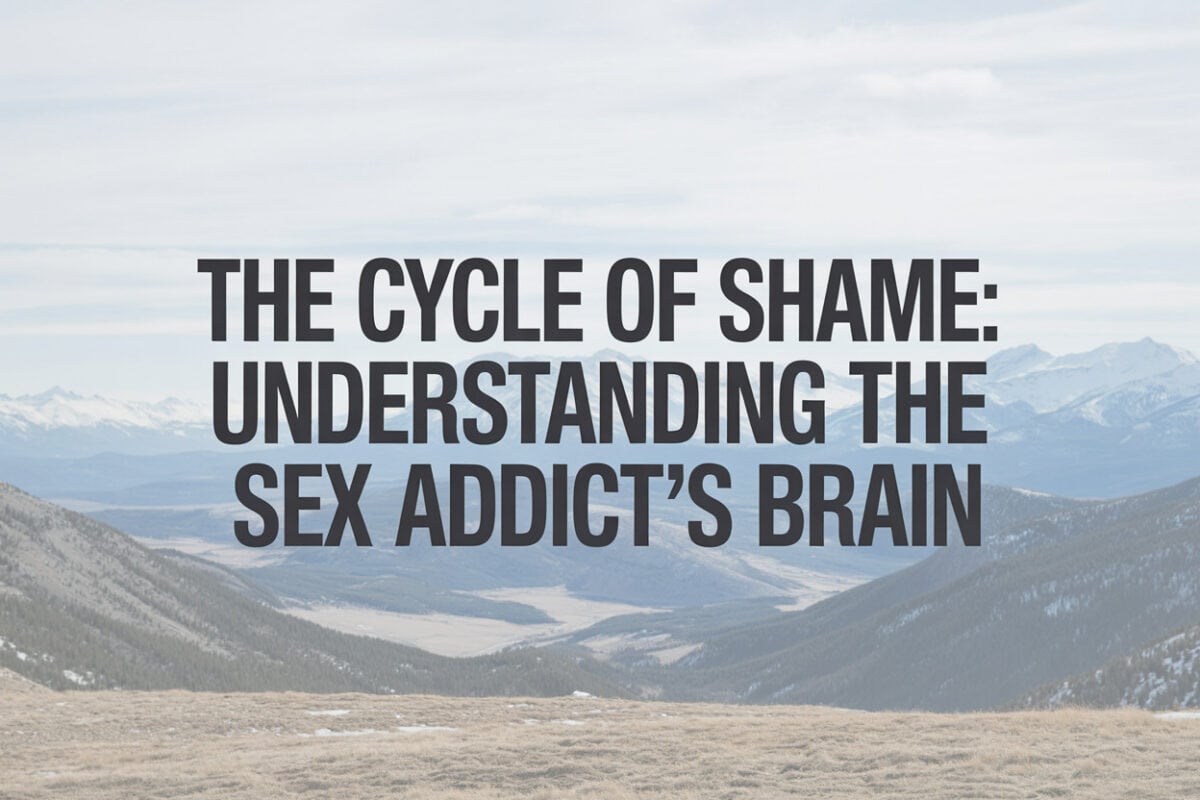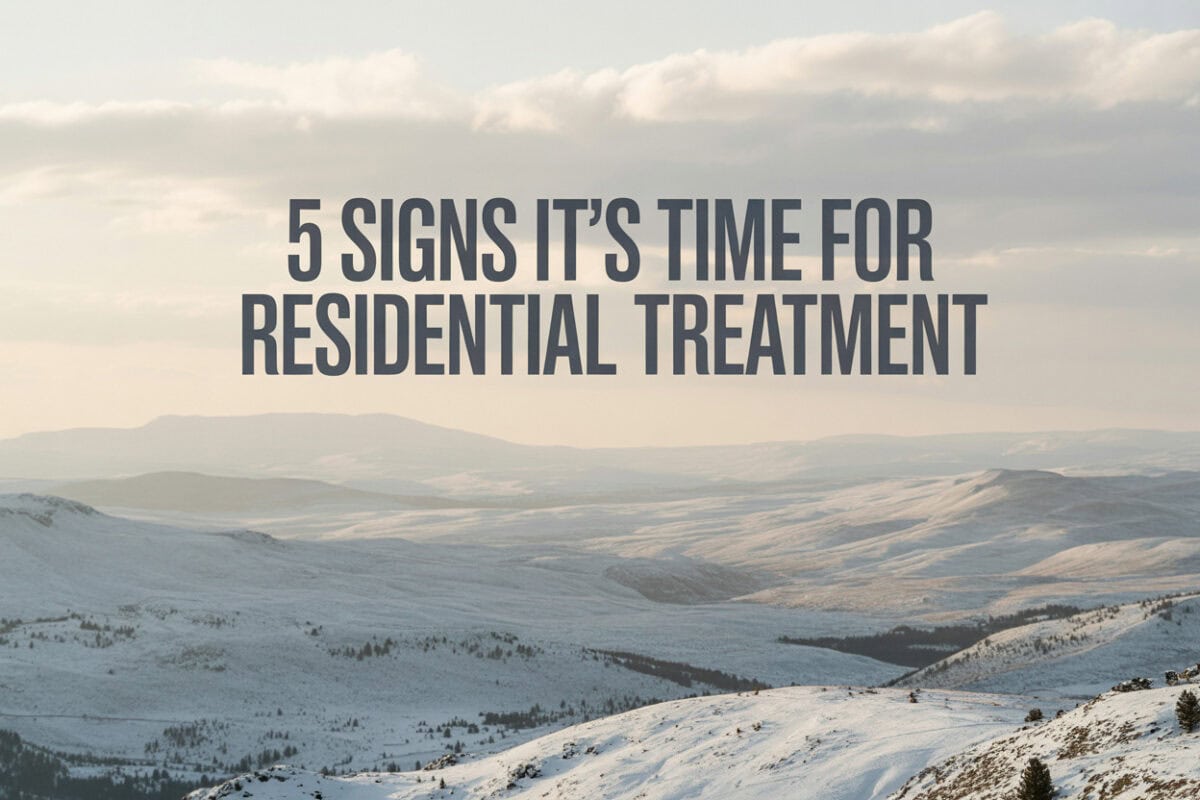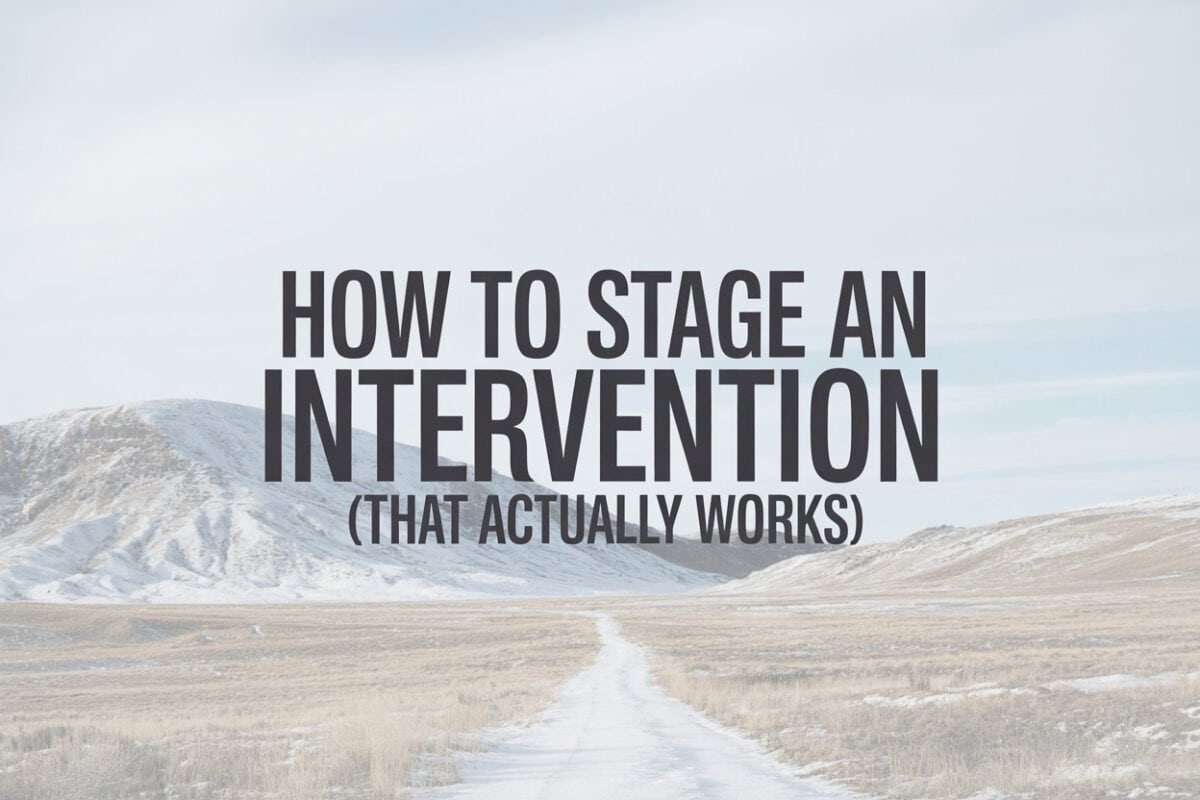After discovery, one question echoes louder than any other. Was it something I did?Was I not enough?Did I miss the signs? For partners of men struggling with sex, porn, or process addictions, self-blame often arrives immediately. Even when logic says otherwise, the nervous system searches for a reason that restores a sense of control. This […]
Betrayal trauma does not look like weakness. It looks like hypervigilance.It looks like emotional numbness.It looks like anger that appears out of proportion.It looks like someone who cannot stop replaying what happened. For partners of men struggling with sex, porn, or process addictions, the discovery itself can be traumatic. The nervous system experiences the betrayal […]
Most men do not think of their phone as an addiction. It is a tool.A necessity.A way to unwind. But for many men, screens have quietly become the primary way they regulate stress, avoid emotion, and disconnect from discomfort. When screens are removed, anxiety rises. Irritability increases. Focus collapses. Relationships strain. That is not preference.That […]
Many men are not afraid of intimacy. They are afraid of what intimacy requires. They want connection. They want closeness. They want to be known. And yet, when relationships begin to demand emotional presence, something in them shuts down. This pattern has a name. Intimacy anorexia is not the absence of desire for love. It […]
Many men enter treatment believing they have one problem. Alcohol.Drugs.Porn.Sex.Screens. What they often discover is that these behaviors are connected. At Valiant Living, we treat process addictions alongside substance use because they are rarely separate issues. They are different expressions of the same nervous system strategy for managing pain, stress, and emotional exposure. Treating one […]
Shame is not a side effect of sex addiction.It is the engine that keeps it running. Many men entering treatment believe their struggle is rooted in willpower, morality, or character. They promise themselves this will be the last time. They swear they will never cross the line again. And when they do, the shame deepens. […]
When a loved one is struggling with addiction, families often hope outpatient treatment will be enough. Outpatient care can be effective in the right circumstances. But when addiction has progressed, structure and containment matter more than flexibility. Many families delay residential treatment not because it isn’t needed, but because they are unsure how to recognize […]
When families consider an intervention, they are often already overwhelmed. They have tried conversations, compromises, boundaries, and ultimatums. Nothing has created lasting change. Fear is high. Trust is low. Everyone feels stuck. Interventions are often misunderstood as confrontational or dramatic moments. In reality, the interventions that actually work are calm, structured, and supported. Understanding what […]
When your husband is struggling with addiction, boundaries can feel confusing, scary, and emotionally loaded. Many wives know they need boundaries, but they do not know what boundaries are supposed to sound like, how to communicate them without escalating conflict, or how to follow through without feeling cruel or abandoning. Boundaries are not punishments.They are […]
When a loved one is struggling with addiction, many spouses reach a breaking point. They feel exhausted, scared, angry, and desperate for change. In that moment, ultimatums often feel like the only option left.“Get help or I’m done.”“Change or I’m leaving.”“This is your last chance.” While ultimatums can come from deep pain and fear, they […]


